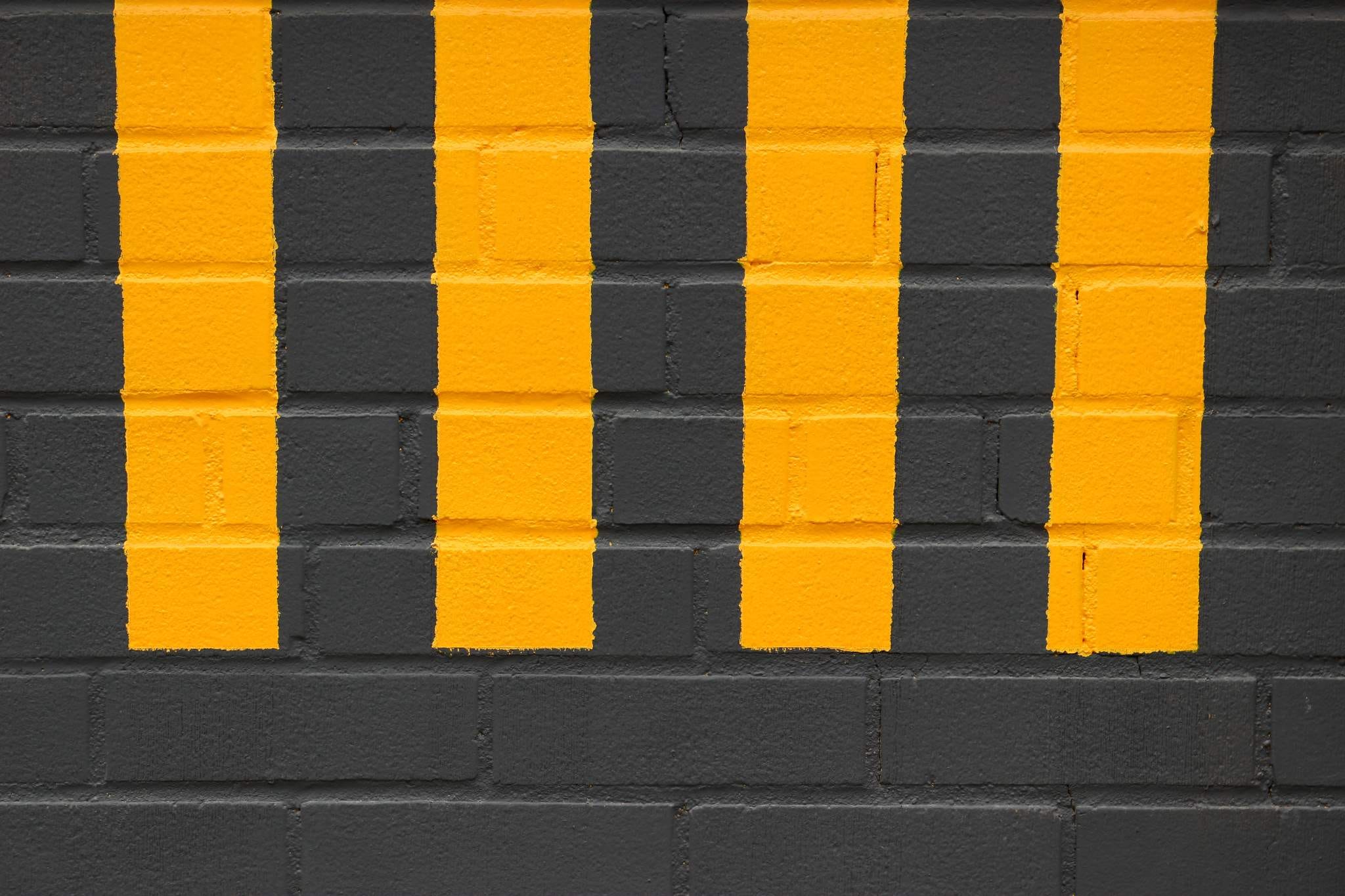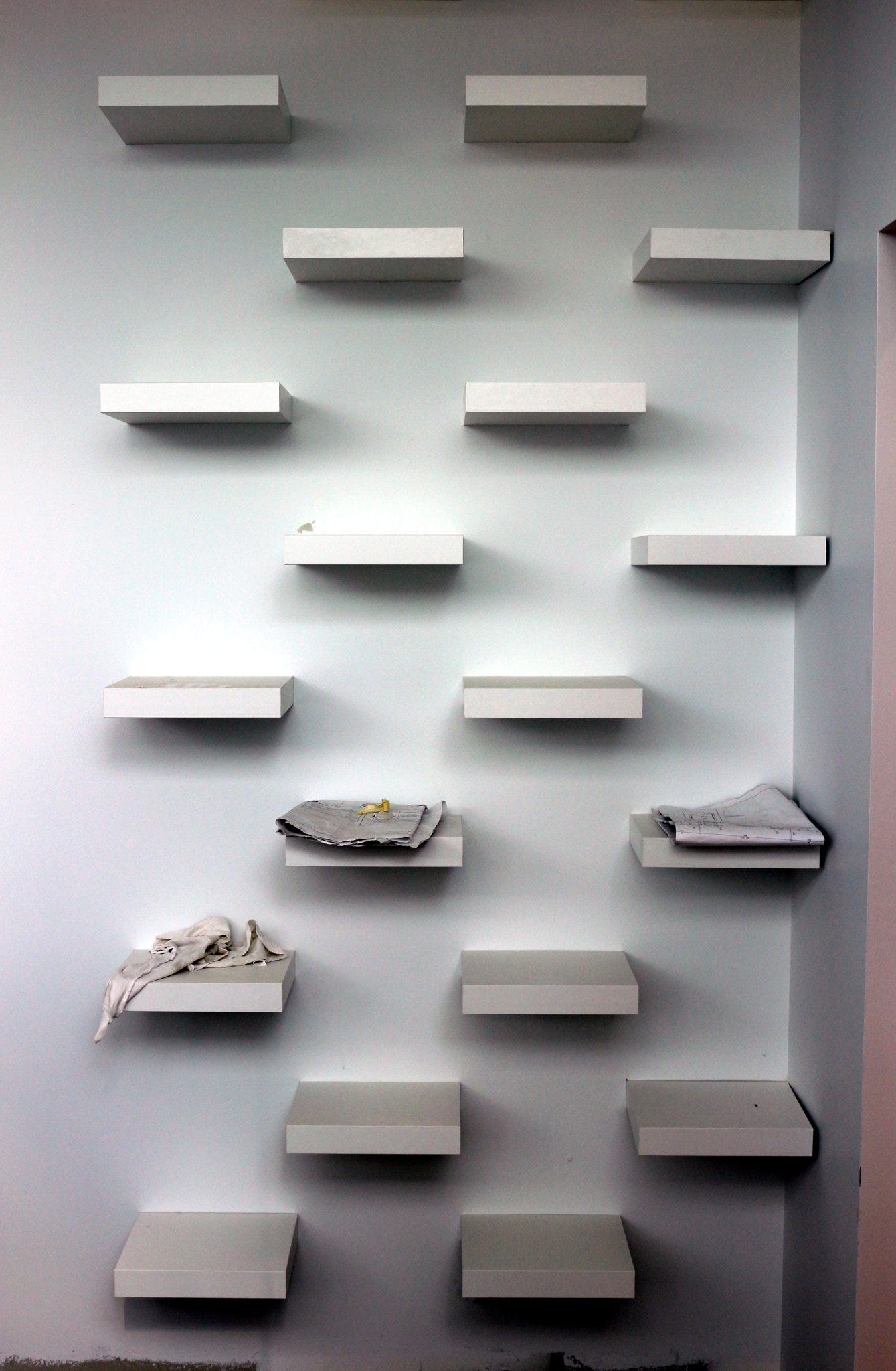Past the post
If you've ever talked to me when I've had too many cups of coffee (after about eleven AM), you've probably heard me struggling to triangulate the key fault in the weird paradigm we've all been living inside for so long, that we no longer even see it. (An example of the "fish studying water" problem, if ever there was one).
Form and field (top photo)
Post modernism can be described a lot of ways - and I have formal philosophers among my friends, who I know can add many layers of insight - but my particular point is, I insist, crucial - post modernism is a problem for us now, precisely because it works against one of our oldest strengths, ratiocination.
I could have used the word reason there - but I went with an older one, to remind us all about the key thing that reasoning does - establish the RATIO of importance, of various matters which come to our attention.
Being completely coldly rational would be no fun at all - there is a lot of information we get which is not especially practical, but still enriches our experience. But when we allow ourselves to think that things are important in proportion to how upsetting we find them, we get into serious trouble, very fast.
Some may think I have lost my train of thought - where does post modernism connect to this? Here's the link I see. What post-modernism has become in practise (whatever it's original long-lost intent) is a belief system that insists analysis is equivalent to action.
This conflation of opinion and work is utter nonsense - and always has been.
Artists would still make art without art critics (and might enjoy it a whole lot more, if they didn't have to worry about appealing to that circus). Art critics on the other hand, would definitely starve to death without artists. The same is true for every field of serious human endeavour.
Bricks and mortar
This is not at all to say that critique is without value - you can't steer safely even for a moment, let alone hope to reach some faraway destination, if you have your eyes closed, and rely solely on determination.
The crucial thing is that functional critique is meant to be part of a whole organic feedback cycle - which also involves doing the work to implement the new insight, in a practical and helpful way.
This complete feedback cycle which includes implementation learning and responsibility, is what can make a critique useful - but without that rest of the loop, it is, even when brilliantly conceived and theoretically magnificent - ultimately silly - nothing but a game of complaining by means of aesthetics. A way to arrange abstracts, to produce perceived effect, without making essential change to the surrounding environment.
All of which would be fine - if this confusion had kept itself confined to the almost entirely useless world of artistic critique - but the underlying spirit has leaked-out all over the place, and is having corrosive effects.
Let's step back and remember that narcissism, exceptionalism, restlessness, and judgemental invasiveness (often at huge cost to others), are all weaknesses common in western culture to begin with.
Now - adding the emotional idea that a theory (translated by many as: any old critical opinion they happen to have, for whatever motivation they refuse to question) is just as important as a serious functional contribution, takes us, as a society, even further into our worst traps, and makes escaping them even harder - most especially overcoming our preference flattered egos, so we can, now and then, perceive the rest of the world.
You can focus on the rust - but it will still save your life
And here's the most essential problem with post-modernism - it is at it's very core, purest elitist egotism. The ultimate ignorant snobbery - ivory tower contempt for all of the people who actually do the practical things in the world, that these infuriated and self-important theorists rely upon utterly, for their very survival.
In emotional terms, the game is essentially - my critique trumps your lifetime of skill and experience.
A gigantic edifice of theory that allows us to bellow righteously, has almost nothing at all to do with the edifice, and almost everything to do with our shockingly childish need to bellow righteously, long before we've even considered if what we had to say is generally relevant, or whether bellowing is a helpful form of address.
Can't hide in the storm cellar forever
And finally - where it gets us - in terms of the pernicious idea that in an ideal consumer-preference driven democracy, adequately insistent fools should have their theoretical utopias made manifest.
I was once presented with the following scheduling challenge, completely seriously:
"I want to work no more than three days in a row, have five days a week, and never work any weekends."
I put it to you - as evil and corrupt as we may like to judge them all - do you honestly think there is anyone alive in management or politics, who faces a lesser challenge nowadays, than that? (And woe betide the unfortunate one who openly disappoints such completely impossible expectations!)
Suppose it's too late to go back to pre-post modernism. But can we try working on getting-things-done ism? Better for everyone - and learning tools and skill is way more fun than down-your-nose scowling, anyhow!
¯\_(ツ)_/¯




